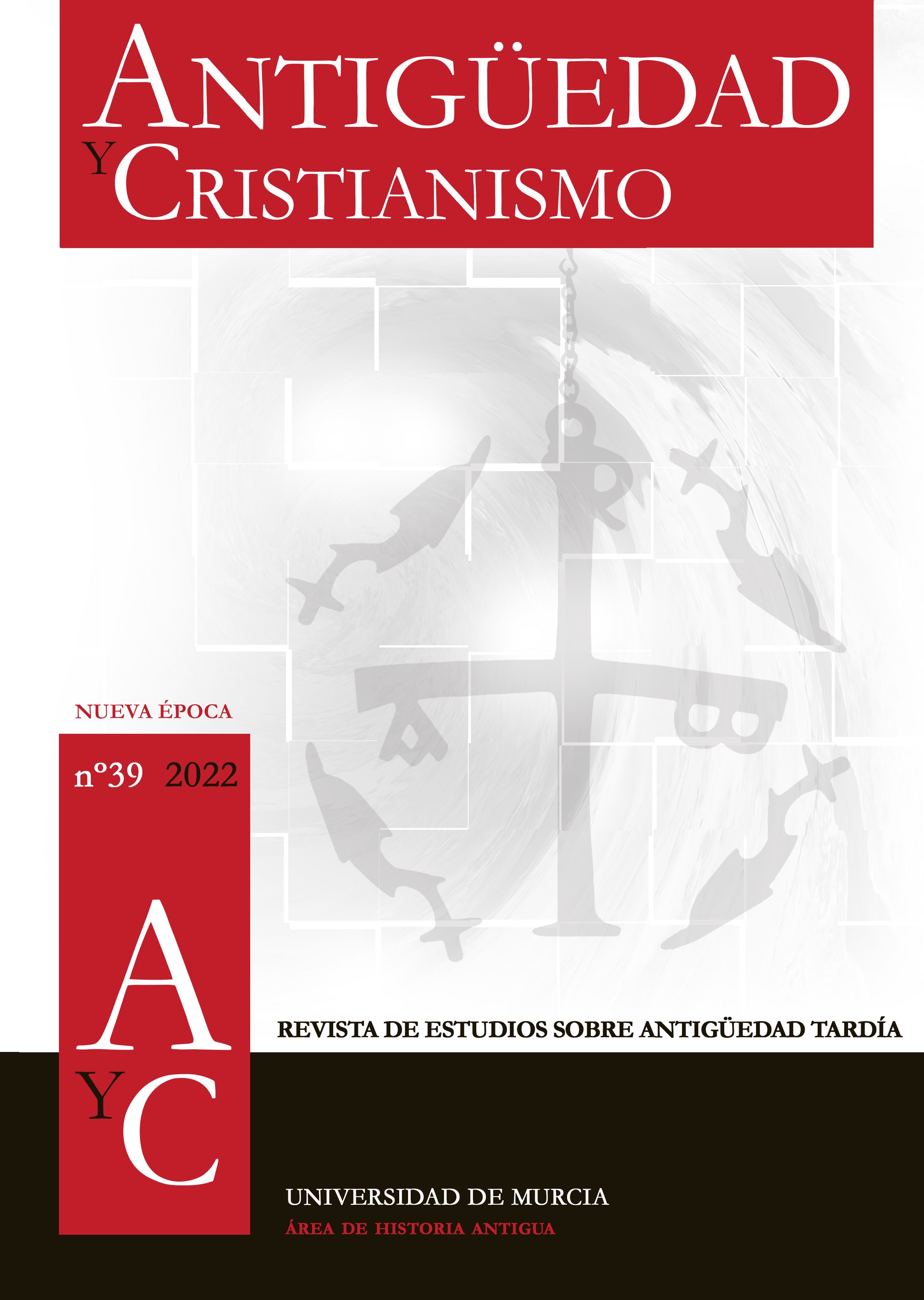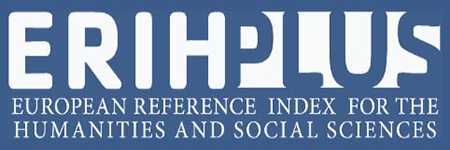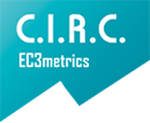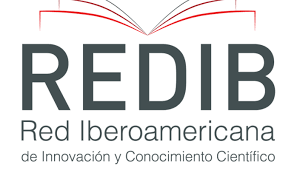Filón de Alejandría y la comunidad terapéutica del lago Mareótide
Agencias de apoyo
- Therapeutae, Contemplation, Exegesis, Mareotis Lake, Alexandria.
Resumen
Filón en su tratado De vita contemplativa describe una comunidad ascética judía de hombres y mujeres, los terapeutas, que viven en retiro voluntariamente a las afueras de la ciudad de Alejandría, dedicados al estudio, la exégesis de antiguos textos sagrados y a la composición de escritos, himnos y cantos consagrados a Dios. Se trata de una congregación claramente representativa del género de vida contemplativo y espiritual. El filósofo, que residía en la capital del delta, los conoció bien y llegó a admirarlos en muchos aspectos, algo que queda patente en su citado escrito; sin embargo, en otras obras suyas deja traslucir una cierta precaución ante algunos comportamientos habituales en los terapeutas que, por una parte, implicaban un excesivo alejamiento de la realidad humana que les rodeaba y, por otra, denotaban una exagerada interpretación alegórica de los libros sagrados en sus indagaciones exegéticas, que los situaba a veces lejos de su auténtico contenido original.
Descargas
-
Resumen415
-
PDF472
-
EPUB75
-
MOBI135
Citas
Antón Pacheco, J. A. 2004. El universalismo judeo-helenístico en Filón de Alejandría y Pablo de Tarso. Convivium 17, 167-179.
Borgen, P., Fuglseth, K. y Skarsten, R., 2000. The Philo Index. A Complete Greek Word Index to the Writings of Philo of Alexandria. Leiden- Boston-Kóln: Brill.
Calabi, F. 2013. Filone di Alessandria. Roma: Carocci.
Daniélou, J. 1962. Ensayo sobre Filón de Alejandría. Traducción Florentino Pérez. Madrid: Taurus.
Goodenough, E. R. 1940. An introduction to Philo Judaeus. New Haven: Yale University Press.
Hadot, P. 2009. La filosofía como forma de vida. Traducción María Cucurella Miquel. Barcelona: Alpha Decay.
Hay, D. M. 1992. Values and Convictions of the Therapeutae: Things Philo Said and Did Not Say About the Therapeutae. En Lovering, E. H., (Ed.), Society of Biblical Literature Seminar Papers. Series 31, 673–683. Atlanta: Scholars.
Hay, D. M. 1998. The Veiled Thoughts of the Therapeutae. En Berchman, R. M. (Ed.), Mediator of the Divine. Prophecy, Divination, Dreams, and Theurgy in Mediterranean Antiquity, 167-184. Atlanta: Scholar Press.
Hay, D. M. 2003. Foils for the Therapeutae: References to the other texs and persons in Philo´s Vita Contemplativa. En Aune, D.E., Seland, T. y Ulrichsen, J. H. ( Eds.), Neotestamentica et Philonica: Studies in Honor of Peder Borgen, 330-348. Leiden-Boston: Brill.
Hernández de la Fuente, D. 2014. Vidas de Pitágoras. Girona: Atalanta.
Irwin, W. A. y Frankfort, H. y H. A. 1968[1946]. El pensamiento prefilosófico. Los hebreos. Traducción Eli de Gortari. México: FCE.
Jonas, H. 2000. La gnosis y el espíritu de la antigüedad tardía. De la mitología a la filosofía mística. Traducción Jorge Navarro Pérez. Valencia: Institució Alfons el Magnànim.
Lévy, C. 2018. Philo of Alexandria. The Stanford Encyclopedia of Philosophy (Spring 2018 Edition), Edward N. Zalta, ed., Obtenido de URL = <https://plato.stanford.edu/archives/spr2018/entries/philo/>.
Montserrat, J. 2005. La sinagoga cristiana. Madrid: Trotta.
Niehoff, M. R. 2010. The Symposium of Philo’s Therapeutae: Displaying Jewish Identity in an Increasingly Roman World. Greek, Roman, and Byzantine Studies 50, 95-116.
Niehoff, M. R. 2018. Philo of Alexandria. An Intellectual Biography. New Haven-London: Yale University Press.
Nikiprowetzky, V. 1963. Le suppliants chez Philo d`Alexandrie. Revue des Études Juives 122, 241-278.
Núñez Valdés, J. y Rodríguez Arévalo, M.L. 2011. Las mujeres en la escuela pitagórica. Premisa 49, 3-15.
Paul, A. 2005. Les Thérapeutes: de l’idéal contemplatif des fils d’Israël dans l’Égypte du Ier siècle . Obtenido de https://www.clio.fr › BIBLIOTHEQUE › pdf › pdf_les...
Perea Yébenes, S. 2009. Los therapeutai judíos de Egipto, una singular comunidad religiosa platónica (en el De vita contemplativa de Filón de Alejandría), y la tradición literaria griega pre y post filoniana. En González Salinero, R. y Ortega Monasterio, M. T. (Eds.), Fuentes clásicas en el judaísmo: de Sophía a Hokmah, 51-86. Madrid: Signifer Libros.
Pohlenz, M. 2022 [1948-1949]. La Stoa. Historia de un movimiento espiritual. Trad. Salvador Mas Torres. Madrid: Taurus.
Renan, E. 1985[1887-1895]. Historia del pueblo de Israel. Traducción Juan Díaz Angelat, 2 vols. Barcelona: Orbis.
Taylor, J. E. 2003. Jewish Women Philosophers of First-Century Alexandria. Philo’s ‘Therapeutae’ Reconsidered. Oxford Universirty Press: New York.
Taylor, J. E., y Davies, P. R. 1998. The So-Called Therapeutae of “De Vita Contemplativa”: Identity and Character. The Harvard Theological Review 91 (1), 3-24.
Toews, L. V. 2019. Motivation for the Sharing of Material Possessions in Acts, Philo’s De Vita Contemplativa and the Didaché: A Comparative Study. Tesis doctoral. Andrews University. Berrien Springs. Michigan.
Uusimäki, E. 2018. The Rise of the Sage in Greek and Jewish Antiquity. Journal for the Study of Judaism 49 (1), 1-29.
Vermes, G. 1996[1977]. Los manuscritos del Mar Muerto. Traducción Nora Muchnik y José Manuel Álvarez Flores. Barcelona: Muchnik Editores S.A.
Derechos de autor 2022 Diego Andrés Cardoso Bueno

Esta obra está bajo una licencia internacional Creative Commons Atribución-CompartirIgual 4.0.
1. Los autores ceden de forma no exclusiva a la revista los derechos de explotación (reproducción, distribución, comunicación y transformación).
2. Las obras que se publican en esta revista están sujetas a la licencia Attribution-ShareAlike 4.0 International (CC By SA 4.0). Por lo que se pueden copiar, usar, difundir, transmitir y exponer públicamente, siempre que:
i) se cite la autoría y la fuente original de su publicación (revista, editorial y URL de la obra), permitiendo así su reconocimiento.
ii) se permite remezclar, transfromar o crear a partir del material mientras se mantenga la misma licencia del original.
Nota: Los artículos anteriores a 2022 muestran incorrectamente la licencia CC by SA en la página de resumen. Están bajo una licencia CC by NC ND tal y como se incluye en los pdfs de los artículos. Los artículos publicados en 2022 y después están bajo la licencia CC by SA.

3. Condiciones de auto-archivo. Se permite y se anima a los autores a difundir electrónicamente las versiones pre-print (versión antes de ser evaluada) y/o post-print (versión evaluada y aceptada para su publicación) de sus obras antes de su publicación, ya que favorece su circulación y difusión más temprana y con ello un posible aumento en su citación y alcance entre la comunidad académica. Color RoMEO: verde.
























